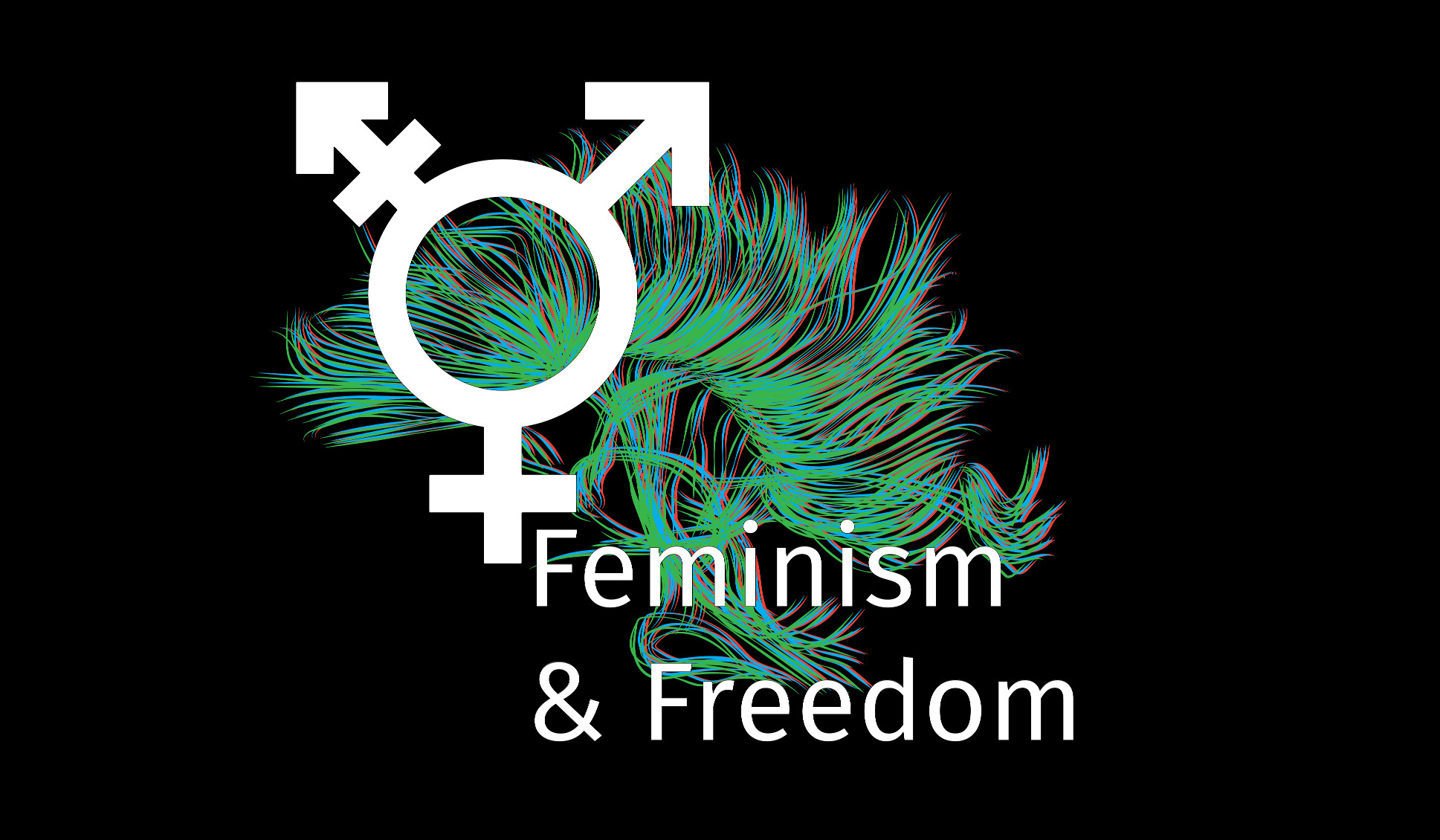

Day 3: Freedom and the Feminist Challenge
Day 4: Feminism, Freedom and Subversive Voices
Various political traditions have been seized with the questions: “what is the meaning of freedom?” “who should enjoy freedom?” and “what is the content of this freedom?“. Different theoretical traditions provide different answers to these questions. The starting points are different, and so are the emancipatory visions. As an intellectual and political project, feminism grapples with women’s status in society, gender roles, gendered power relations and how various political traditions exclude women from their visions of freedom. From multiple angles, feminism provides a critical evaluation of the core claims and visions of freedom contained in political traditions such as liberalism, anti-colonial struggles, Marxism etc. This module will set up a conversation between some of the major currents of feminist thought, and political traditions such as liberalism, Marxism, and anti-colonial nationalism. With a focus on the different strands of feminism and where they stand in relation to these theoretical traditions, this module will explore broadened and enriched ideas of freedom. The module will also explore how – through interventions like queer theory – different currents of feminism have been challenged and critiqued for their incompleteness, blind-spots and exclusions. At the end of the module participants will assess whether feminism offers a radical vision of freedom in a world that is punctuated by horrifying levels of gender-based violence, inequality, the policing and surveillance of women’s bodies, and a lack of reproductive justice.
This module aims to answer these questions:
Next: Course outline